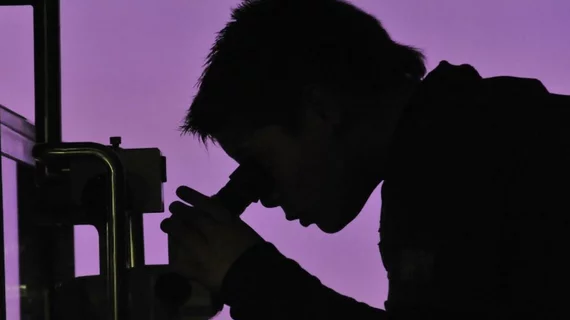Harvard professor accused of doctoring images used in decades of research
A professor at Harvard Medical School specializing in deadly brain tumors is facing accusations concerning potential manipulation or duplication of scientific and medical images in more than two dozen papers he authored.
Microbiologist and image expert Elisabeth Bik, PhD, has raised concerns about dozens of studies involving the work of Khalid Shah, PhD, prompting inquiries from research integrity officials at Harvard and the respective journals where the papers are published.
This particular controversy is part of a broader trend where advanced image analysis tools are being employed to identify potential irregularities in scientific research—some of which have resulted in retractions. Shah has not only authored papers, but his research has earned him patents, and he has been involved in profitable startup companies.
Bik, known for her extensive work in identifying data irregularities, utilized ImageTwin—an AI tool used to determine the integrity of research images—to analyze 88 papers involving Shah as a co-author, uncovering signs of image manipulation and duplication or errors in 28 studies spanning from 2001 to 2023.
Among the flagged studies is a 2022 paper published in Nature Communications, which allegedly contains images resembling those found in other sources. Bik's analysis has prompted investigations by relevant institutions and journals, but it remains unclear who may be responsible for any potential errors identified in the studies.
The Wall Street Journal has the full story with a lot more details. Click the link below.

